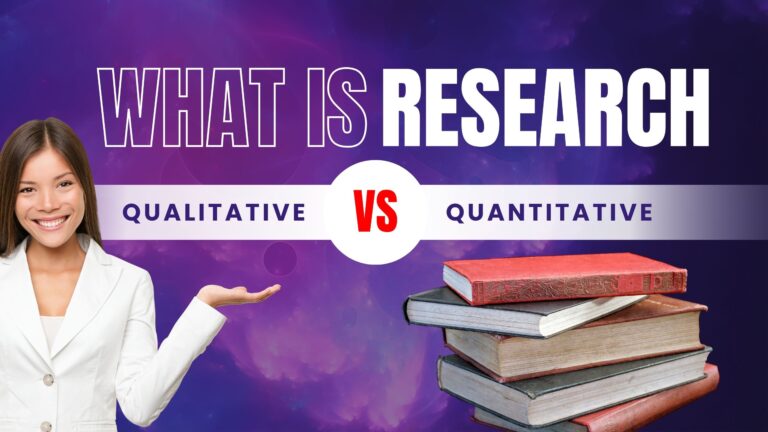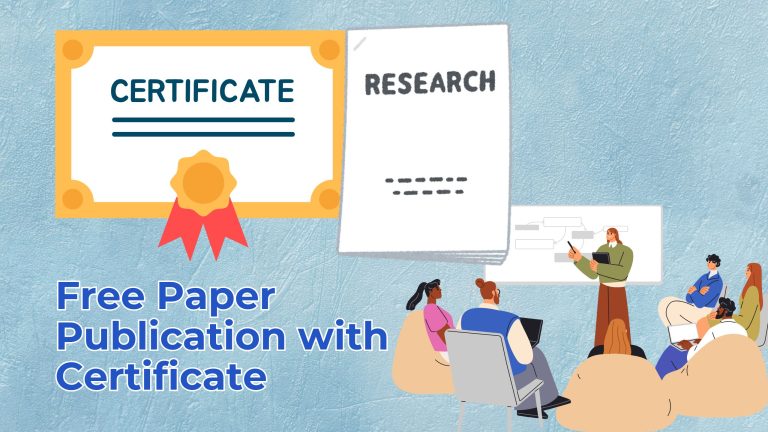What is Academic Freedom? Its Roles in Modern Education

Academic freedom supports education, enabling scholars, educators, and students to express their ideas without fear. This essential principle not only fosters critical thinking but also drives innovation and societal progress. We will delve into its historical development, core principles, and the crucial roles Academic freedom plays in today’s educational institutions.

Historical Development
Academic freedom finds its roots in ancient times when ancient Greek philosophers celebrated open inquiry and free thought. Its formal recognition and establishment as a guiding principle in educational institutions occurred during the Renaissance and Enlightenment periods. Over time, it has become an essential part of modern education, championing the freedom of intellectual pursuit.
The Core Principles of Academic Freedom
At its core, it is defined by three key principles:
- Autonomy and Independence of Scholars and Institutions: Scholars and educational institutions should have the freedom to determine the direction of their research and teaching without undue external influence. This autonomy empowers educators to act as independent researchers and guides the decisions made by educational institutions based on academic principles rather than political or financial interests.
- Freedom of Inquiry, Research, and Expression: It encourages unrestrained exploration of new ideas, subjects, and methodologies. Scholars should be free to pursue knowledge regardless of societal norms or political pressures, leading to groundbreaking discoveries and advancements.
- Encouraging Diversity of Thought and Inclusive Discourse: It thrives on open discussions and the inclusion of diverse viewpoints and perspectives. By welcoming dissenting opinions, academic communities foster a culture of respect and cooperation, leading to well-rounded and innovative research.
Academic Freedom in Educational Institutions
This plays a central role in educational institutions, both at the university level and in secondary education:
Academic Freedom in Universities:
- Faculty Autonomy and Decision-Making: Empowering professors to advocate for academic freedom and participate in educational governance and decision-making processes.
- Tenure and Protections: Providing faculty members with job security and protections for their academic rights, allowing them to explore controversial topics and challenge conventional wisdom.
Academic Freedom in Secondary Education:
- Balancing Academic Freedom with Curriculum Guidelines: Educators strive to maintain it while adhering to prescribed curricular guidelines, encouraging creativity and critical thinking within the framework.
- Fostering Critical Thinking and Intellectual Curiosity: Secondary education plays a vital role in nurturing students’ critical thinking skills and intellectual curiosity, paving the way for their future pursuit of knowledge in higher education.
The Importance in Research and Innovation
Academic freedom’s impact extends beyond the confines of educational institutions. It plays a crucial role in driving research and innovation across various fields:
- Advancements in Science and Technology: Unrestricted academic inquiry has led to scientific breakthroughs, technological innovations, and solutions to global challenges.
- Contributions to Social Sciences and Humanities: It allows researchers in social sciences and humanities to explore diverse cultural perspectives, inform policy decisions, and address societal issues.
- Impact on Creative Arts and Cultural Expression: It nurtures creativity and expression in the arts, enriching cultural understanding and historical insights.
Challenges to Academic Freedom in the Modern Era
It faces several challenges in the modern era:
- Political Interference and Ideological Pressures: Political ideologies may influence academic discourse and hinder the free expression of ideas.
- Commercialization of Research and Corporate Influence: Balancing commercial interests with unbiased research can be challenging, as corporations may seek to influence academic outcomes.
- Digital Age Challenges: Online surveillance and censorship present new threats to it in the digital era.
Balancing It and Ethical Responsibility
While it is essential, it must be balanced with ethical considerations and responsibility:
- Maintaining Scholarly Integrity and Rigorous Research Standards: Upholding the integrity of research ensures the credibility of academic work.
- Addressing Controversial Topics and Intellectual Limitations: It requires navigating sensitive subjects and respecting the diverse backgrounds of learners.
- Nurturing Respectful Dialogue and Inclusivity: Encouraging open dialogue while promoting a culture of respect and inclusivity allows for constructive discourse.
International Perspectives
It varies across countries, influenced by cultural and political contexts.
- Variations in Academic Freedom across Countries: Different nations may interpret and implement academic freedom principles differently, resulting in variations in academic practices.
- Global Efforts to Protect and Promote Academic Freedom: International organizations and advocacy groups work to protect and promote it as a universal human right.
The Future of Academic Freedom in Modern Education
The future of it is influenced by emerging trends, innovations in education, and the evolving educational landscape.
- Emerging Trends and Innovations in Academic Freedom: Technological advancements and changing educational practices will impact how it is exercised in the future.
- Safeguarding Academic Freedom in Changing Educational Landscapes: Educational institutions must remain vigilant in protecting and promoting it amidst evolving educational paradigms.
Academic freedom remains an indispensable aspect of modern education, fostering critical thinking, driving innovation, and contributing to societal advancement. Its preservation requires collective efforts to promote open inquiry, protect intellectual independence, and ensure inclusive discourse. We can continue to shape a better future through education by upholding it.
Continue Reading: What Does Academic Probation Mean in College? Its Impact on it






